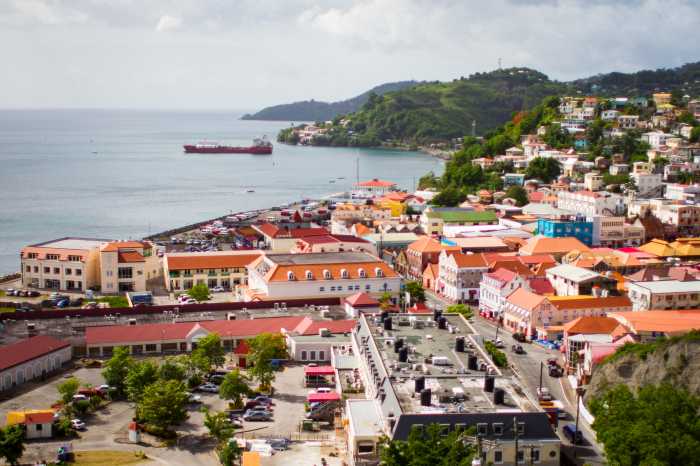SANTO DOMINGO, Dominican Republic (AP) _ The Dominican Republic withdrew as a member of the Inter-American Court of Human Rights on Tuesday, leading rights activists to raise concerns about the welfare of migrants in the Caribbean country.
The announcement came just weeks after the human rights court found the Dominican Republic discriminates against Dominicans of Haitian descent, angering the government, which called the findings “unacceptable” and “biased.”
Last year, a Dominican court ruled that people born in the Dominican Republic to migrants living there illegally were not automatically entitled to citizenship, basically rendering thousands of people stateless. The government has since pledged to resolve their status but has only offered residency and work permits under a new program.
The Costa Rica-based Inter-American Court had given the Dominican government six months to invalidate the Dominican court’s ruling.
In a 59-page ruling issued Tuesday night, the Constitutional Court said the country had to withdraw from the rights court because the Senate never issued a resolution to ratify the February 1999 agreement with the rights court as required by the Dominican constitution. Ten judges voted in favor of the ruling, while three judges voted against it.
The court said its ruling was in response to a complaint submitted by a group of nationalists in the mid-2000s arguing the agreement with the rights court was unconstitutional.
Wade McMullen, a legal officer for the Robert F. Kennedy Center for Justice and Human Rights in Washington, accused the majority of the judges on the court of playing politics at the expense of the rights of all Dominicans.
“The Constitutional Court’s decision is absolutely shameful and shows a complete disregard for the rule of law,” he said. “The very same Constitutional Court has repeatedly recognized the binding nature of the Inter-American Court for years, while the case it has conveniently used to invalidate the Inter-American Court’s jurisdiction has been sitting on the shelf collecting dust for almost a decade.”
The Organization of American States, with which the rights court is affiliated, declined comment.
Two other OAS members have previously withdrawn from the court’s jurisdiction. Venezuela pulled out in 2013, while Trinidad and Tobago withdrew in 1999 after the court questioned the island’s use of the death penalty.
The rights court has issued previous rulings against the Dominican government, but the Caribbean country has not fully complied with any of them. Those cases include the denial of birth certificates to two girls of Haitian descent born in the Dominican Republic and what the rights court called “indiscriminate deportations” of Haitians and Dominicans of Haitian descent.
Haiti and the Dominican Republic share the island of Hispaniola and tensions heightened following last year’s Dominican court ruling. A U.N. study has estimated about 500,000 migrants live in the Dominican Republic without proper documents, nearly 90 percent of Haitian descent.
Associated Press writer Panky Corcino reported this story in Santo Domingo and Danica Coto reported from San Juan, Puerto Rico.

















